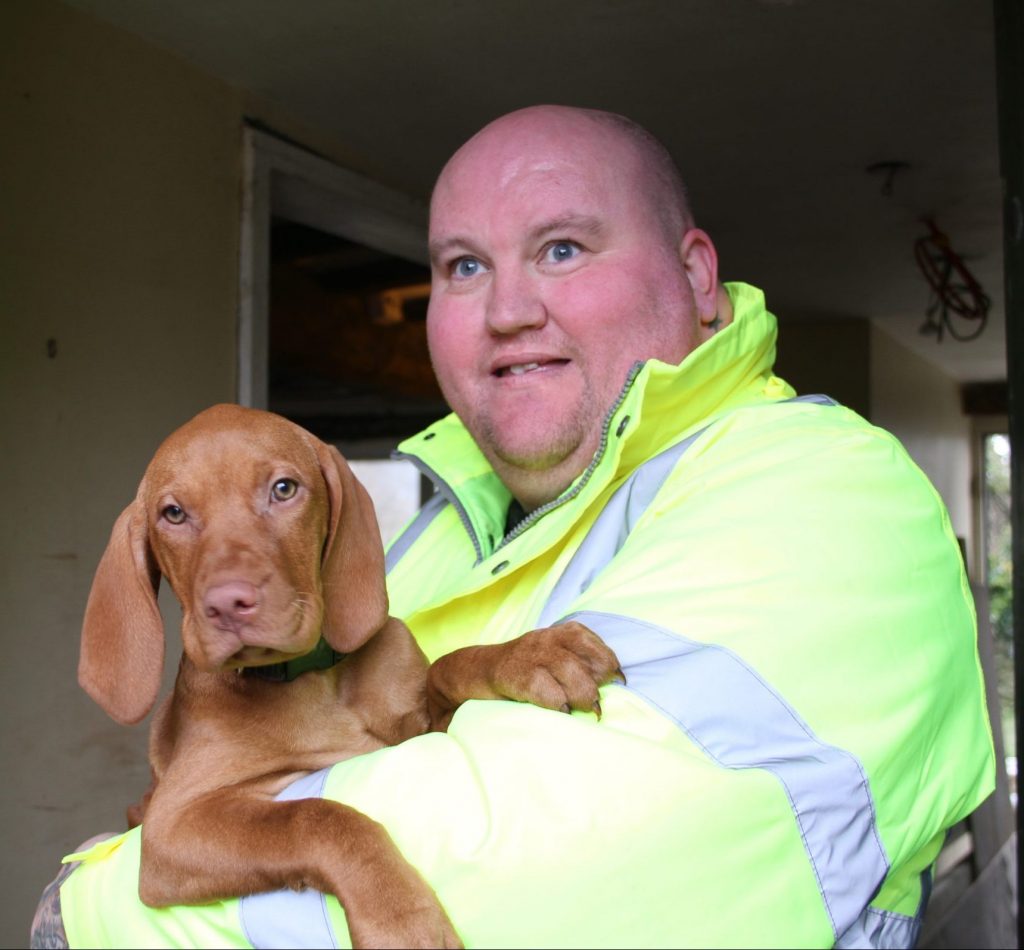The Northern Healthcare Supported Living Model aims to support people with long-term mental health conditions to become more independent and achieve their goals in a safe, comfortable living environment.
Our mental health supported living services all have their own personality, brought to life by the people we support and our teams. But, our supported living model ensures that the quality of support provided is consistently high.
Our safe and welcoming mental health rehabilitation services enable people to rebuild their daily living and vocational skills, whilst building their confidence to take the next step on their recovery journey such as transitioning to greater independent living in the community.
All our services provide rehabilitation and step-down programmes to adults with mental health needs and who may have behaviours that challenge. To help people on their recovery journey, each person we support within our services will have an independent tenancy agreement with a housing association.

There isn’t a one size fits all solution when it comes to the level of support an individual may need, and needs will fluctuate over time. However, the high level of support and clinical input we provide is available to everyone. At each of our services a qualified member of the team, designs and implements a bespoke support programme for each individual. Support is provided by:
• A Registered Mental Health Nurse
• A Registered Learning Disability Nurse
• Service Manager (An experienced registered health care professional)
• 24/7 Support Team
• Specialist intervention as required e.g. Cognitive Behavioural Therapy
• Out of hours on call clinician
Each individual we are supporting will have a comprehensive support plan with a number of long-term objectives. These may include, employment/volunteering, improving independent living and self-care, and becoming increasingly socially included. Support plans are formally reviewed on a monthly basis and regular reviews are scheduled with an individual's wider support network. Support plans will include:
• Clinical interventions
• Mental health status, care and treatment (medications)
• Physical health needs
• Domiciliary/self-care support
• Budgeting support
• Access to community outreach / education / employment / volunteering services
• Relationship management
• Goals for independent living e.g. engaging in meaningful activities
Our mental health supported living services are designed with the people we support at heart, our services are high quality and fitted with all the essentials for independent living, but each service still has a welcoming family feel. Our teams and the people we support truly injected our services with their own personality; making it their own.
• Individual tenancies are established to promote independence
• High quality accommodation
• Support is provided in respect of application for housing benefits
Physical health concerns are also monitored, and the management of these conditions is included in support planning. For example, promoting exercise, self-care practices and medication compliance. Individuals who are new to the area are supported with registering for local health care services such as their GP.
Our team also support with diet and nutrition, group cooking is available at all our services and our team are always on hand to educate, inform and assist with obtaining a well-balanced diet and budgeting.
Our teams are empowered by a bespoke support planning system, developed specifically for Northern Healthcare to support those with mental health problems. Thanks to our advanced technology, our teams spend less time on administrative tasks and more time with the people we support.
• Mobile tablet system allows real-time recording and feedback
• Daily records include activities, updates to support plans and any assessments carried out
• Alerts ensure high quality comprehensive data is entered
All individuals are assessed using valid and reliable measures of mental state, cognitive abilities and activities of daily living. These measures give clear markers of improvements and produce outcome measures to demonstrate clinical effectiveness.
The MOHO (Model of Human Occupation, Kielhofner, 2002) is the chosen occupational therapy model integrated into clinical practice within Northern Healthcare.
A number of standardised assessments based on this model as well as in-house developed assessments are used in order to generate data for CPA reports, case formulations, reports to assess level of functioning for funding panel requirements and discharge reports.
For us to help individuals we need to form long-lasting relationships with the people they know and trust. We support commissioners and referrers to find the right service for the individual in their care. Building a network of support around an individual is crucial in aiding their development – families, friends and the wider community all have an important role to play.